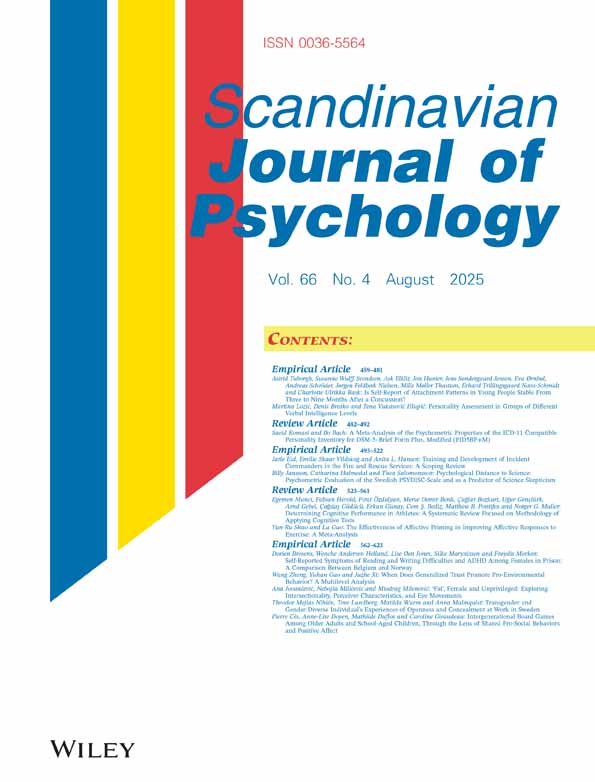When Does Generalized Trust Promote Pro-Environmental Behavior? A Multilevel Analysis
Funding: This work was supported by the STI 2030—Major Projects (grant number: 2021ZD0200500), the National Social Science Foundation of China (grant number: 24ASH014), the Special Project of Shanghai Municipal Education Commission Research on Caring for Students in Primary and Secondary Schools and Kindergartens (Runxin Project) (grant number: 2023RX07), the Research Project of Shanghai Science and Technology Commission (grant number: 20DZ2260300), and Project of the Construction of Family Civilization in Shanghai (grant number: 2023JTWM03).
Wang Zheng and Yuhan Gao contributed equally to this work.
ABSTRACT
Research has suggested that generalized trust facilitates individuals' pro-environmental behavior. However, the robustness of this relationship across a wider range of cultures and societies remains to be tested. Using data from two large cross-national surveys (World Values Survey and International Social Survey Programme), this study examined the environmental benefits of generalized trust in a global context, as well as the role of individualism. The results of the multilevel analyses indicated a positive correlation between generalized trust and pro-environmental behavior across various global contexts. Moreover, the observed correlation between generalized trust and environmental outcomes is stronger in individualistic cultures. These findings not only contribute to understanding how to promote individuals' pro-environmental behavior but also highlight the value of considering social circumstances when exploring individual factors of pro-environmental behavior.
Conflicts of Interest
The authors declare no conflicts of interest.
Open Research
Data Availability Statement
All data generated or analyzed during this study are included in this published article (and its Supporting Information S1).




